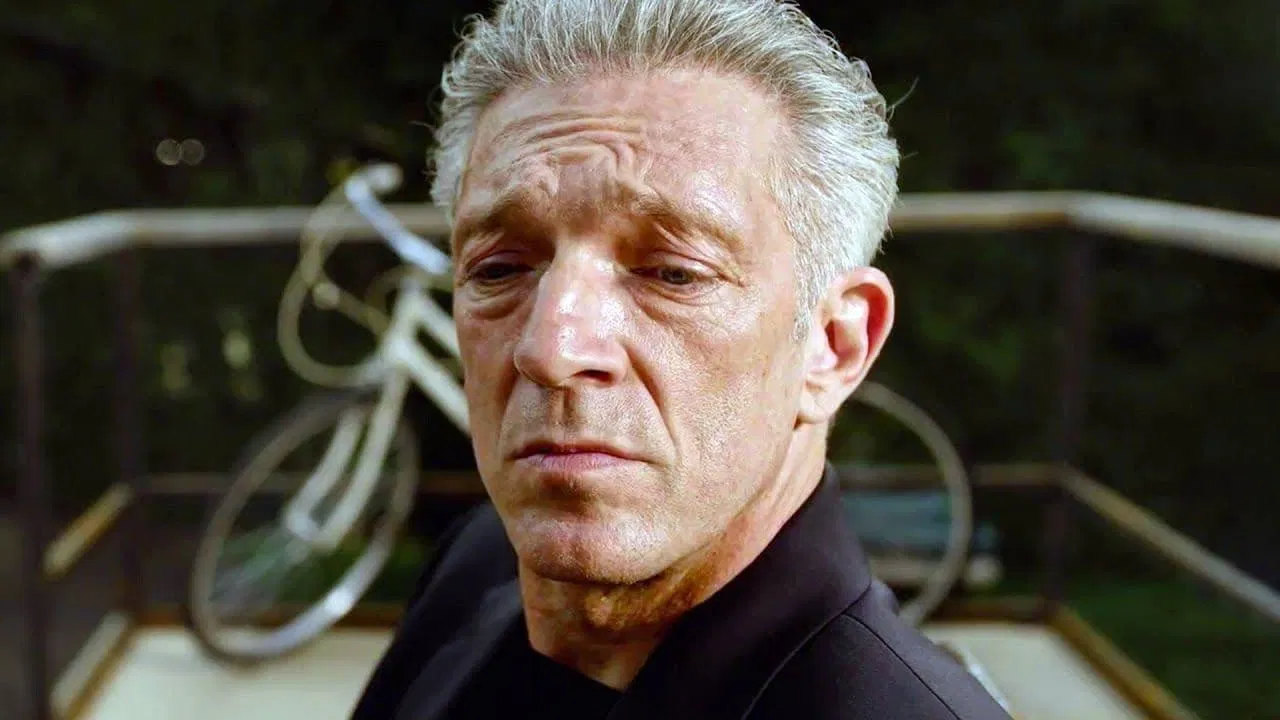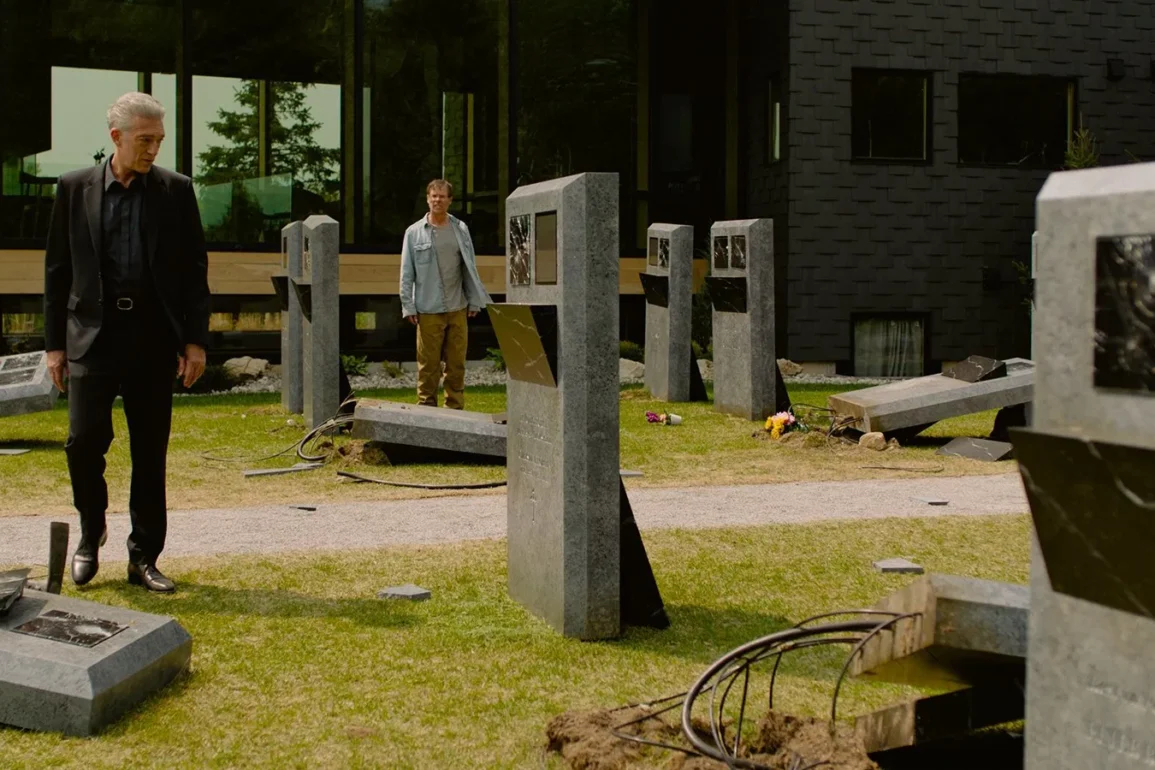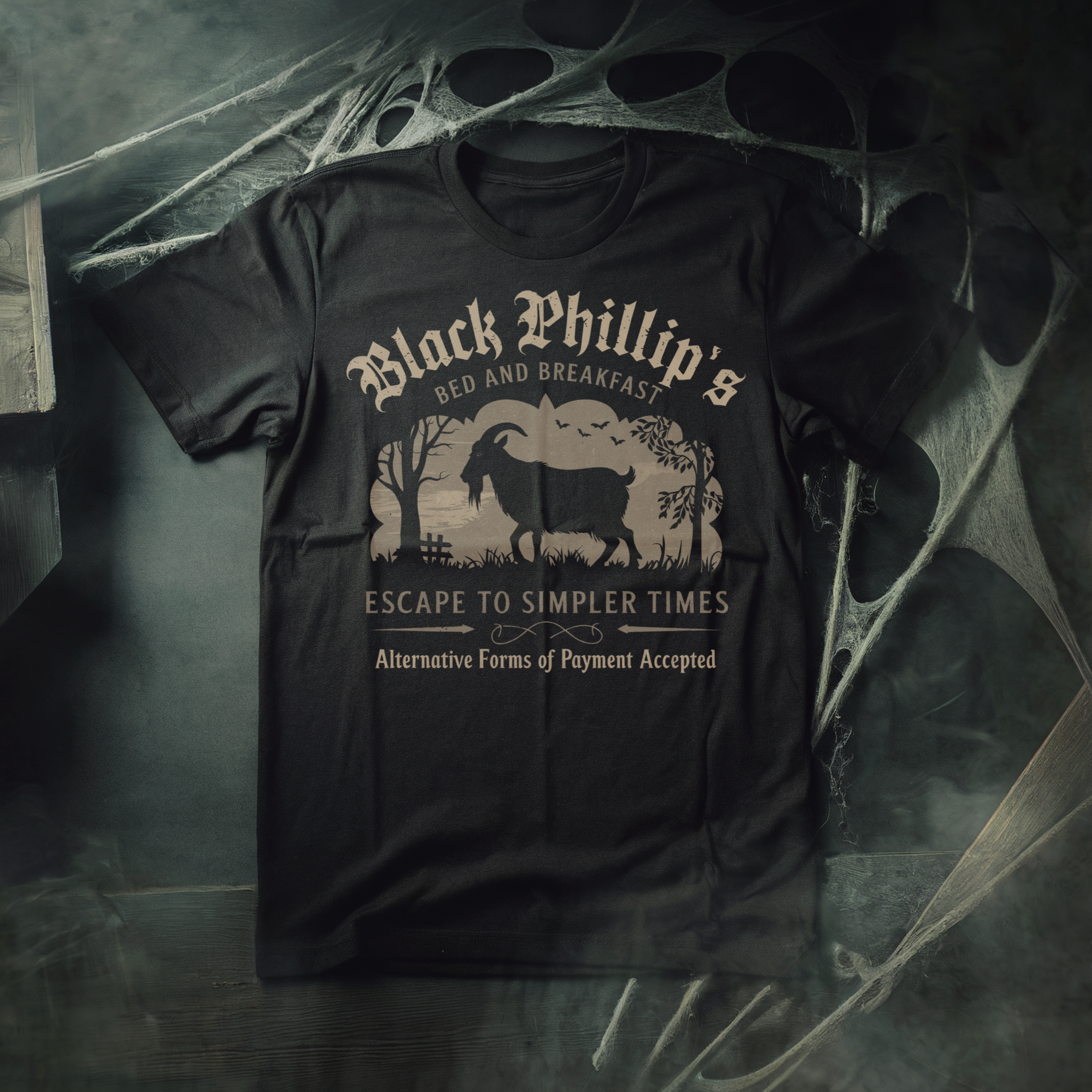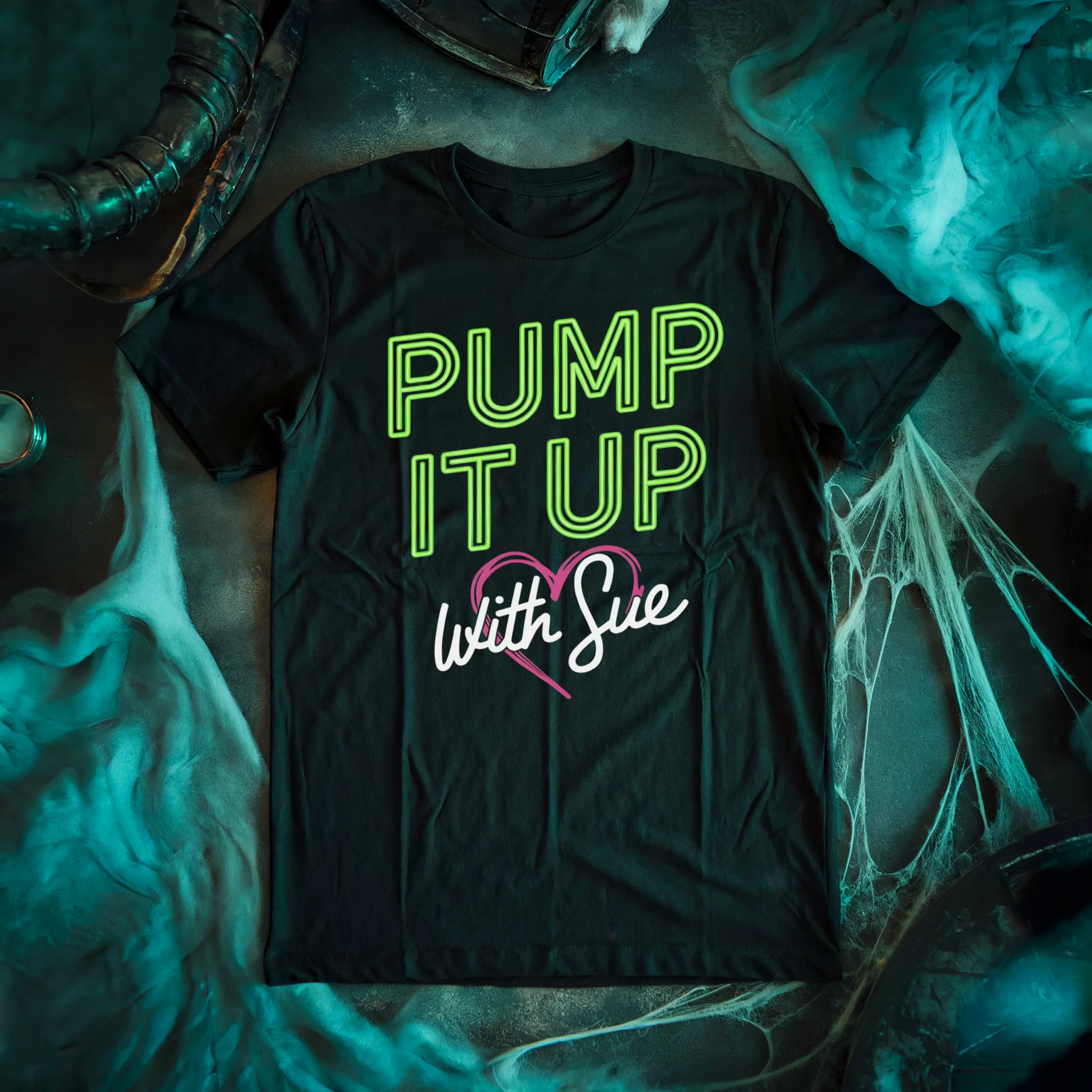Legendary writer/director David Cronenberg maintains his status as Canada’s coolest weirdo with his latest feature The Shrouds. Cronenberg’s conspiracy obsessed techo-mystery stars Vincent Cassel (Eastern Promises) as Karsh, a morose but visionary widower who has built an empire dedicated to his eternal grief for his late wife Becca (Diane Kruger, Inglorious Basterds). Through his company GraveTech, Karsh invents a shroud that the deceased are wrapped in at burial which allows the bereaved to view their loved ones in the grave. You know, like a baby monitor for watching your spouse decompose in real-time. Naturally this business is met with all manner of protest but after someone(s) vandalizes his customers’ (and his wife’s) burial plots, Karsh uncovers a bewildering conspiracy that threatens his life, his livelihood, and his link to the grave.
For anyone still on the fence about taking the trip to see The Shrouds during its theatrical run, it’s hard to say whether this is a must see for You. The film has received wildly divisive reviews, either heralding it as a masterpiece of personal reflection or an undecipherable mess. And the truth is that it’s kind of both. At times The Shrouds is a brilliantly strange meditation on the ugliest and most awkward aspects of grief, but it is also an overly complicated spider’s web of conspiracy paranoia and messy motivations. There is a dividing line in Cronenberg’s work for most film fans. A giant slash across the IMDB credits that separates his early Body Horror from “The Rest”. Personally, I think some of his best work is in those later-in-life films but if you find that it’s been some time since you’ve given his contemporary efforts a thumbs up, you might already have your answer.
“David Cronenberg maintains his status as Canada’s coolest weirdo”
Cronenberg’s obsession with conspiracy is nothing new. The shadow group behind the Videodrome signal is left almost unexplained, and even his 2014 novel Consumed spirals downward into conspiracy, never to return to its original focus. These are all works of Cronenberg’s that I deeply respect even if I’m left with plot points unresolved, but it’s worth keeping in mind that his passion for pulling at the strings of unobtainable hidden truths is a feature and not a bug.
For The Shrouds in particular, the unending conveyor belt of sleeper cells and secret government agencies that strongarm the story’s 3rd act helps to underscore a lot of the hopeless feelings people experience after losing a loved one. In the movies (in normal movies at least), the bereaved conveniently discover an illuminating secret diary or a box of photographs tucked away in the attic. In reality, you’re left with nothing but Kleenex and questions, and the pursuit of answers only leads to more unanswerable questions. Not unlike trying to defeat the Hydra by simply chopping off more and more heads hoping you won’t eventually lose your own.

The pang of secrecy comes early in the film as Karsh begins to notice strange anomalies on Becca‘s bones. Thanks to a new upgrade in the shroud cameras from an outsourced Chinese team, he is able to view Becca’s body as a 3D image, zooming in to inspect every tiny detail of her. What look to be little calcified growths rekindle a smoldering suspicion of Becca‘s sister Terry (also played by Diane Kruger) who never trusted her sister’s doctors, but it’s Karsh that really carries the conspiracy torch forward.
A domino effect of problems arises after his discovery, and he can’t shake the believe that they are somehow connected. The graves are desecrated, the camera feeds are hacked, a new billionaire client has concerns about the shroud technology being manipulated for political surveillance, and Becca‘s leading Oncologist disappears during a trip to Iceland where his most vocal detractors call home. It’s a real kitchen sink approach to conspiratorial possibilities but obsession is the name of the game here and Karsh is uniquely prepared to obsess.









